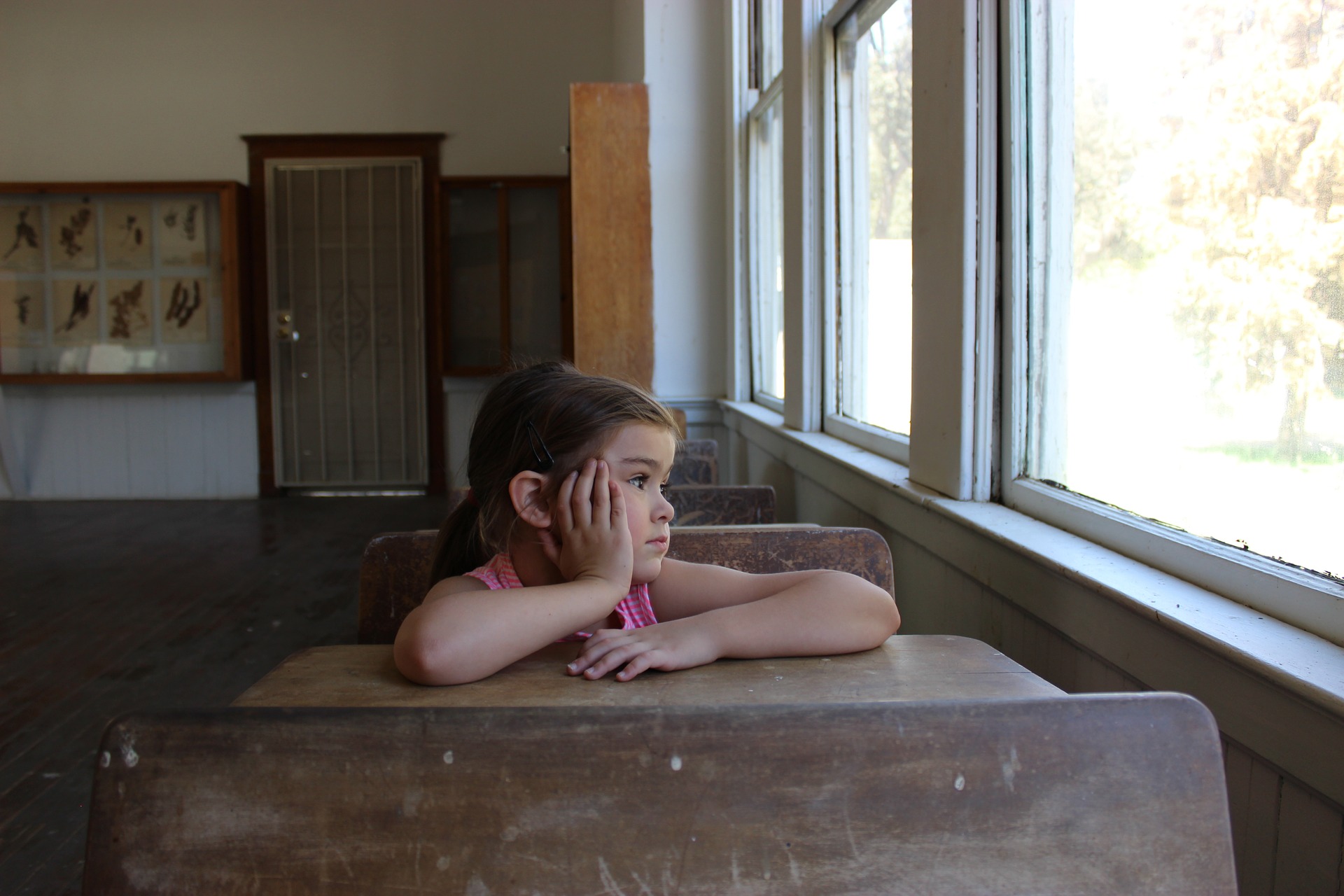What is it about education these days that allows a disruptive child’s deeds to go unattended while well-behaved children who listen to the teacher and want to learn are put in emotional and physical harm’s way? What happened to my own mother’s voice whispering to me to respect your teacher, respect your classmates and respect yourself?
If you live in the State of California, get ready. A proposed law is moving through the legislature that would not allow removal of a student in elementary or middle school who is disruptive or defiant. If your children attend public school in the Golden State, they’re likely to be affected. A bill introduced by State Senator Nancy Skinner, recently passed in the House and going onto the Senate, would allow disruptive students to remain in school without the possibility of being suspended.
Perhaps the legislators don’t want to hurt disruptive children’s feelings, or don’t want these students to be stigmatized, or don’t want them to miss school. But what about the other 29 or so students whose feelings (mental, emotional and possibly physical) are being hurt, discounted or marginalized? What message is this sending to the student who is attentive and wants to learn? Who is being seen as the “special one” — the one whose behavior can go undisciplined even when the child may be assaulting a teacher or another student, spitting on a classmate or shouting inappropriate insults at someone in the room?
What happens to the respectful students when a pencil is hurled across the room and stabs another child’s head? Or a desk is forcefully pushed, destroying items in another student’s backpack? Or a preschool child tackles another child simply because he was playing with another classmate whom the disruptive child thought was his best friend. The experienced teacher will resort to herding the class of youngsters onto the playground as if to get away from a terrorist in the room, only this time the “terrorist” is a disruptive and aggressive preschooler.
Once again, these well-intentioned legislators are thinking about the disruptive children and not about the well-behaved children who are being traumatized or put in harm’s way for the sake of not suspending a child who is dangerous to his or her classmates, teachers or him/herself.
We need solutions. We need to find ways to build confidence and joy in our children and offer them strategies to use before they can become disruptive and defiant. All children need to feel good about themselves in order to see themselves as victors and not victims. All students need to believe that they have talents that are uniquely their own and that they can accomplish and excel in their schoolwork.
Rather than teaching children that it’s okay to curse at their teacher, hit others, interrupt the entire class with disrespectful behavior and be out of control, it’s important to teach all children to value themselves and others. All children want to learn. All children want to be successful and feel appreciated, respected and included.
It’s the responsibility of parents, educators and lawmakers to find ways to make all children experience confidence and joy. In doing so, the children can experience success and gain the social, emotional and educational skills to achieve their full potential. Happy and respectful children become happy and respectful adults.


